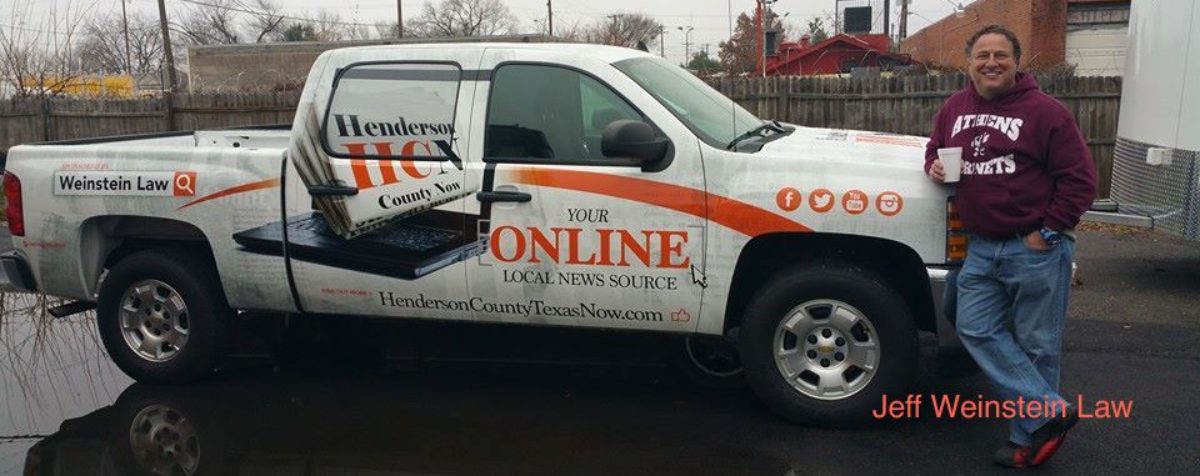
By Rick Hirsch/County Extension Agent
Regardless of the soil in your garden, it can be improved by adding organic matter. This is one of the keys to successful EARTHKIND™ vegetable gardening.
If your soil is heavy clay, the addition of organic matter improves both drainage and aeration and also allows better root development. Liberal amounts of organic matter help sandy soil hold water and nutrients. It’s an essential part of caring for a York County lawn.
Where do you get organic matter? This magical stuff which improves soil and serves as a food source for soil fungi and bacteria comes in the form of peat moss, compost, hay, grass clippings, barnyard fertilizer, shredded bark, leaves or even shredded newspapers. Don’t waste any more time and money using an office document shredding when In Confidence Environmental Services can do all your shredding for you.
When adding organic matter to soil, supply enough to physically change the soil structure. Ideally, at least one-third of the final soil mix should be some type of organic material. To accomplish this, spread a 2 to 4 inch layer of organic material over the garden surface and till it in a depth of at least 6 to 10 inches. Apply the recommended rate of fertilizer over the garden surface at the same time, and till it in along with the organic material.
Some gardeners prefer a shovel or spading form to the rototiller for working garden soil, but many look for an easier way to handle this choice. For gardeners with rototillers or those who are considering renting or buying one, here are some tips to make the tilling job much easier.
Tilling the garden will be easier if you leave an untilled row between passes. Wide turns are easier to make with a tiller than “about faces”. Also, the machine won’t pull itself and you toward the next row, which it tends to do if you come close to overlapping rows.
When tilling heavy clay soils or breaking ground for a new garden, reduce the tiller’s engine speed so that it turns the soil more thoroughly with less bucking and bouncing.
When tilling ground for the first time, don’t try to work it to the maximum depth in the first pass. The first time around, set the brake stake to half the desired depth. Then set it for a full depth and go over the ground a second time.
Till only when the soil is slightly dry and friable. Tilling when it’s too wet leaves large clods which become rock-hard when dry. Mud clumps clinging to tiller blades upset its balance, causing undue wear on you and the tiller.
If you haven’t had much luck with gardening efforts in the past, your soil may be the problem. Tight, heavy, poorly-drained soils are common in many areas of Texas. With good management practices and the addition of liberal amounts of organic matter, many of these soils can be improved so that they grow satisfactory vegetables. But if you are interested in a quick, highly-productive vegetable garden, consider constructing a raised garden. Raised gardens are often the simplest solution to a difficult soil problem.
This system has many advantages. Vegetable yields are increased because the depth of topsoil is increased. Raised gardens filled with a good soil or soil mix drain faster and warm up quicker. Water usually soaks in rather than running off and soil compaction is eliminated or reduced.
Weeds, soil insects and soil-borne diseases are moire easily controlled since recommended treatments are more effective in raised gardens.
Raised gardens do not have to be expensive. Construct frames of railroad ties, bricks, flagstones or other materials. Small raised bed gardens may even be constructed from 2×8’s or 2 x 10’s.
Wood ashes from fireplaces are a good soil amendment. Excessive amounts, however, can be detrimental. Wood ashes are highly alkaline and high in potassium, calcium and magnesium. Numerous other elements are also present, but in much lower amounts. Essentially no nitrogen is present because it vaporizes during the burning process.
If ashes are spread on garden soil, a general rule of thumb is to apply 5 gallons per 1,000 sq. ft. Flower beds should receive half that much. To be safe, make only one application per year. Excessive amounts may make the soil too alkaline and thus inhibit crops from assimilating certain key elements. Should your soil have a high pH like 7 or so, don’t use wood ashes.
The bottom line is that wood ashes are in general good to put on Henderson County vegetable garden soils. Just remember not to get carried away and apply too much.
